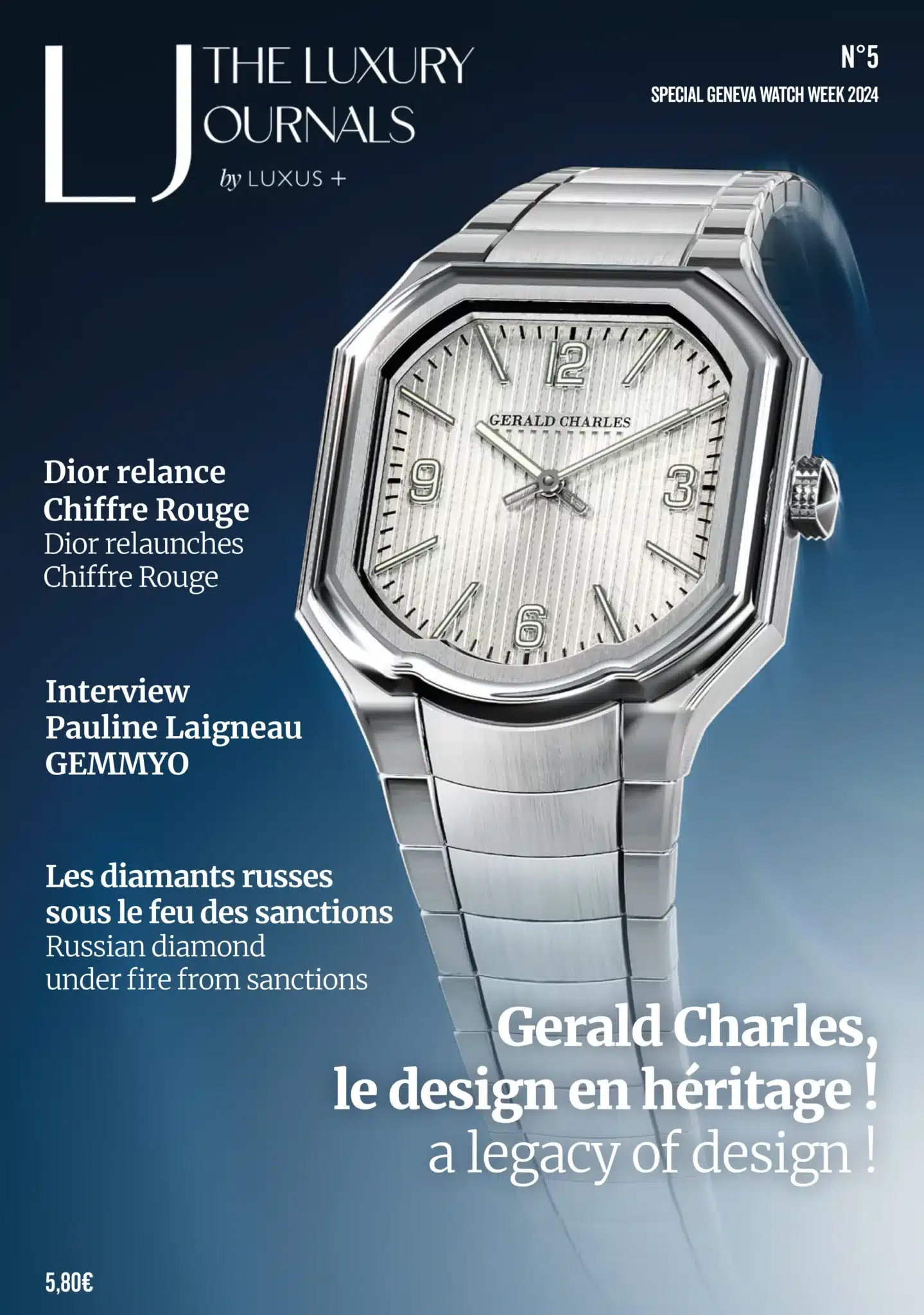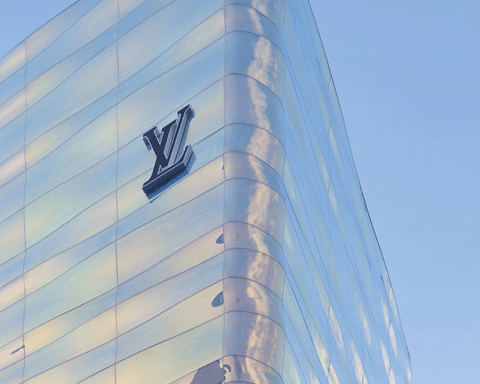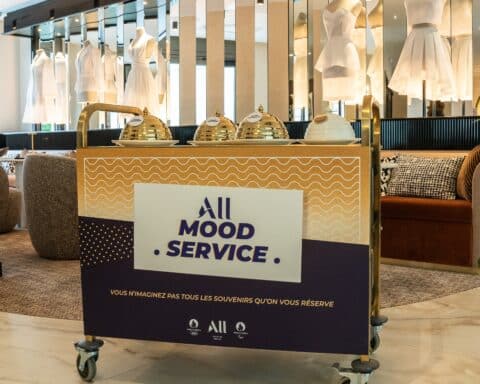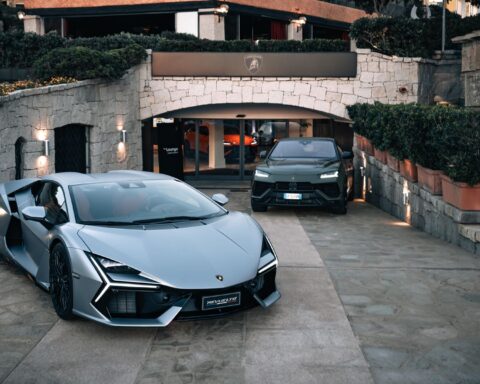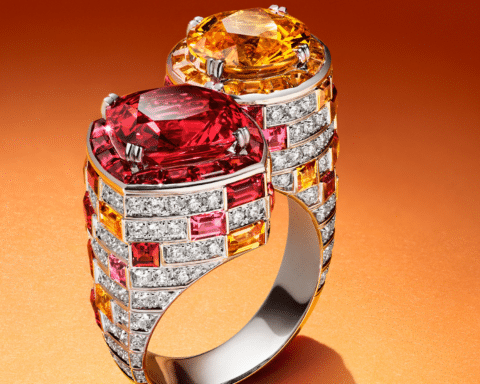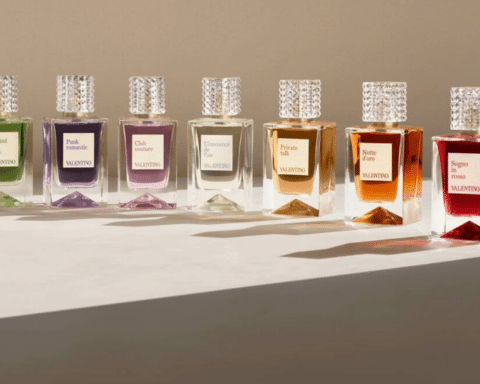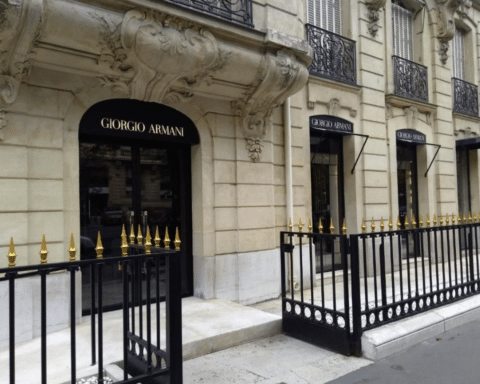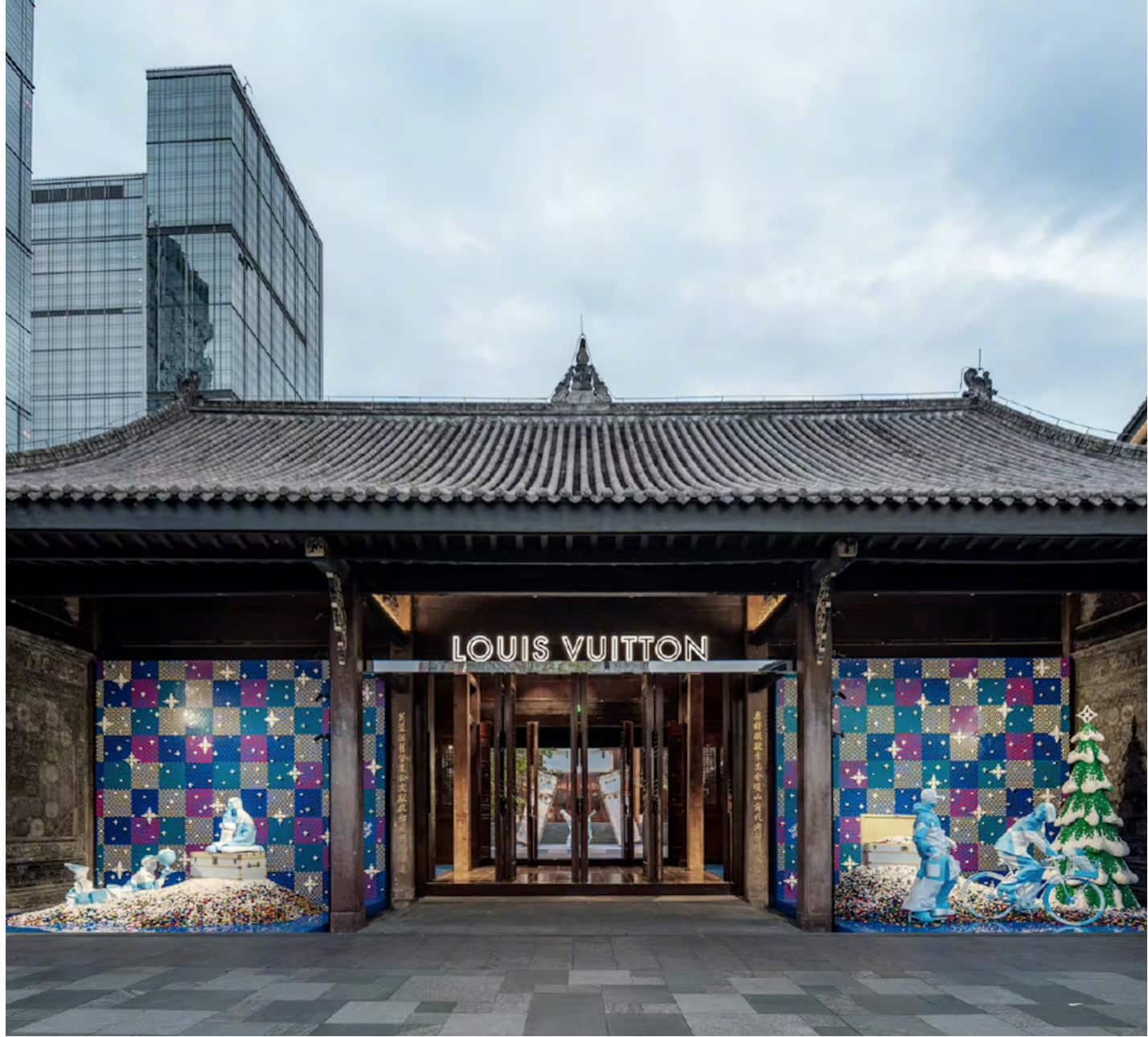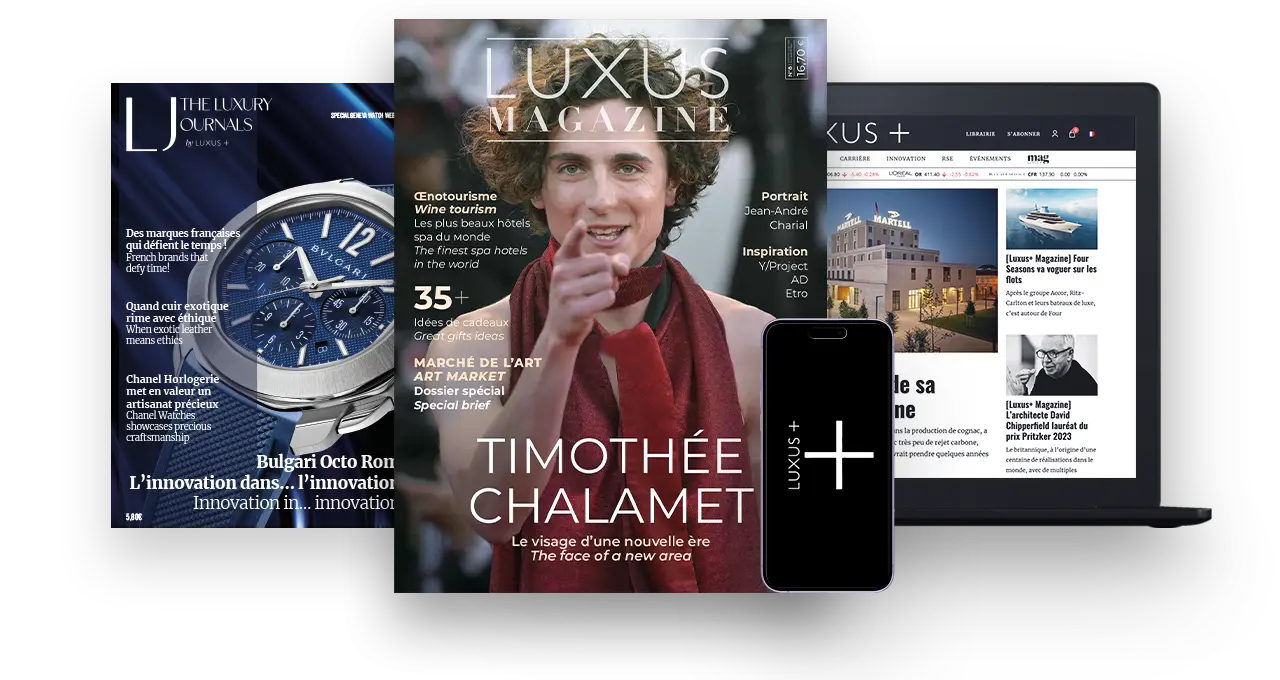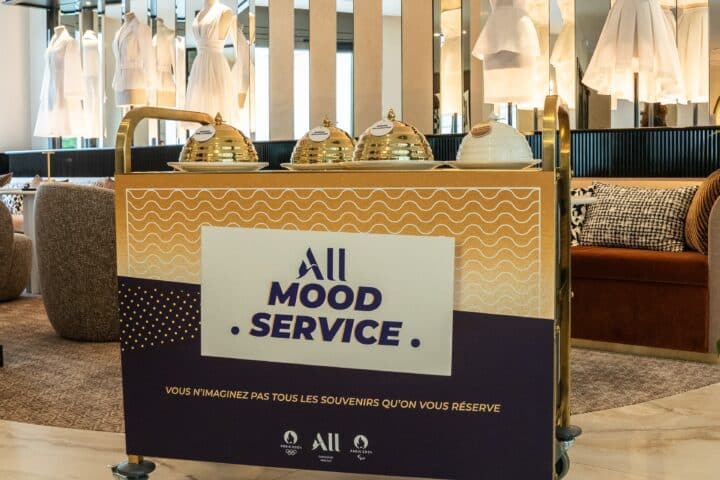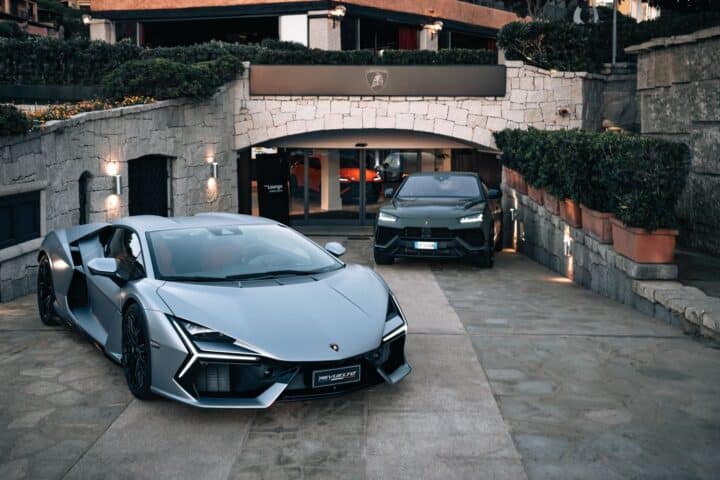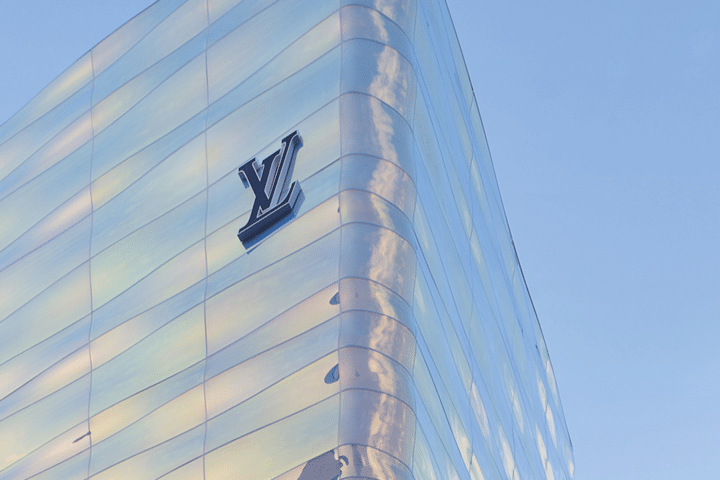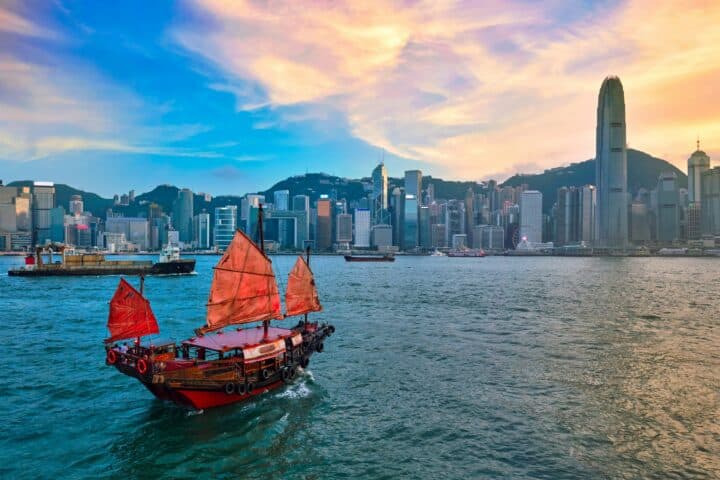Against a backdrop of slow recovery in demand for luxury goods in post-pandemic China, industry players are seeking to appeal to a Chinese clientele moving towards domestic choices. While major brands are targeting the “Very Important Clients” (VIC) segment, the strategy is focusing in particular on exclusive events and personalized benefits.
The sluggish recovery in demand for luxury goods following China’s reopening after the pandemic has raised concerns among investors, particularly about the outlook for the sector. Since July, shares in LVMH have fallen by around 17%, while those in Richemont have dropped by 24%. This week, Burberry also reported weaker-than-expected growth due to a slowdown in luxury spending worldwide and in China.
To remedy this situation, brands are focusing on selling a limited number of higher-value items, targeting the 5% of luxury consumers who, according to HSBC analysts, account for over 35% of their sales in China.
The strategy of offering perks such as exclusive access and meetings with designers to this handful of customers has proven successful for luxury brands globally, but has not been exploited as much in China in the past.
Between 2019 and early 2022, luxury goods sales in China doubled, with some brands recording year-on-year growth rates of 40-60%. According to Jacques Roizen, Managing Director of Consulting at Digital Luxury Group, middle-class consumers accounted for “more than half” of this growth.
Changing post-covid values in China
By 2021, family health and safety have become the main concerns of half of Chinese consumers. Consumers now pay greater attention to product quality and safety. This has led to food sometimes taking precedence over material acquisitions, with the Chinese favoring gourmet meals over luxury handbags.
The pandemic has also stimulated interest in lifestyle stores. By 2022, Tiffany, Louis Vuitton and Burberry had all opened cafés or restaurants. At the same time, the trend towards discreet luxury is growing. Instead of flaunting their wealth, affluent customers prefer the quality and bespoke customer service offered by luxury brands.
Guochao, or Chinese nationalism, has also taken hold among Chinese consumers. They are increasingly attracted to luxury brands that reflect their identity and express their admiration for Chinese culture. Finally, the pandemic has accelerated the digitization of the luxury sector. A 2022 McKinsey report showed that more than half of Chinese retailers were focusing on expanding their omnichannel operations, and a third on increasing their use of artificial intelligence, while almost 40% of Generation Z consumers would prefer to discover clothes in-store, but shop online.
Chinese buy fewer luxury goods
In England, for example, according to data published on Monday by the New West End Company, there is a widening gap between the number of international, and particularly Chinese, tourists visiting the British capital and their propensity to spend. In September, the first month after the Chinese government lifted restrictions on group travel, arrivals from China were just 2% below 2019 figures, but spending had plummeted by 58%. According to the organization, which represents around 600 retailers, restaurateurs, hoteliers and property owners, the average gap between the number of international visitors and their willingness to spend compared with 2019 has narrowed by 31% in the third quarter of 2023.
The overall recovery in Chinese luxury spending in London in October remained weak, according to a recent HSBC report. They thus represented around 81% of those in October 2019. While luxury spending by Chinese tourists in the Asia-Pacific region reached 109% of October 2019 levels, spending in continental Europe reached 52% of pre-pandemic levels.
Morgan Stanley estimates that around 1% of customers will account for up to 40% of sales in some of China’s major luxury malls in the future. To expand their sales services, leading brands have opened VIP lounges in key Chinese markets.
Targeting the ultra-rich
Read also>THE GLOBAL LUXURY GOODS MARKET IS SET TO REACH A RECORD 1,500 BILLION EUROS IN 2023
Featured photo : ©Bulgari


